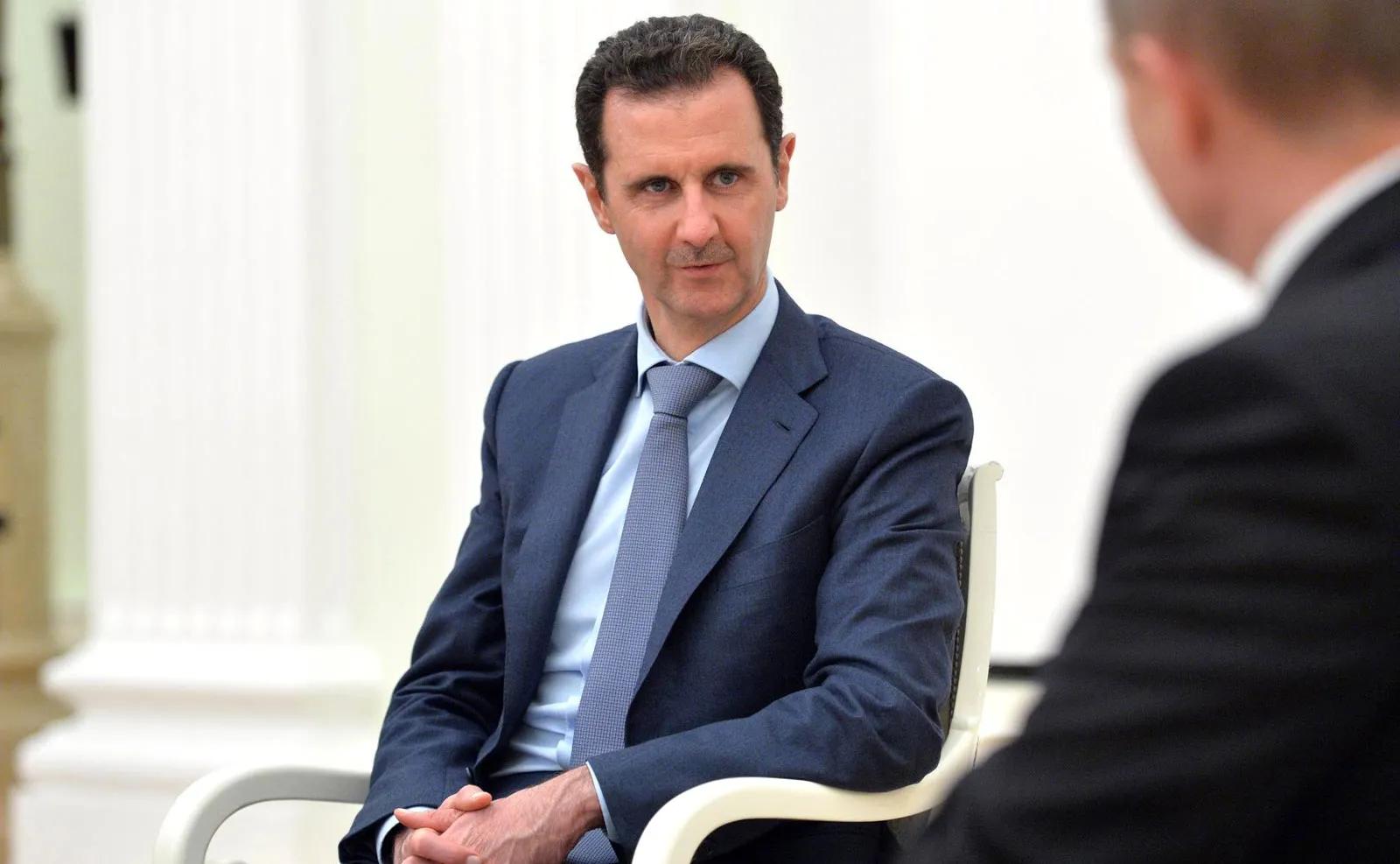Damascus Falls: Assad Flees as Islamist Rebels Declare Victory, Ending 50 Years of Baathist Rule
 World
WorldAhmed Shurau
In a stunning turn of events on Sunday, December 8, Islamist-led rebels declared they had captured Damascus in a lightning offensive, sending Syrian President Bashar al-Assad fleeing the capital and signaling the end of five decades of Baath Party rule in Syria.
The declaration came after the rebel factions, primarily from Hayat Tahrir al-Sham (HTS), stormed key positions in the city, overwhelming Assad’s remaining forces. As news of Assad’s departure spread, jubilant residents poured into the streets of Damascus, celebrating what they saw as the liberation of their city. Many cheered and waved flags, shouting "God is great" while others climbed atop tanks and defaced statues of Assad’s father, Hafez al-Assad, who had ruled Syria with an iron fist for nearly 30 years before his son’s rise to power.
Tearful residents, some in disbelief, witnessed the end of the Assad dynasty. "I can't believe I'm living this moment," said Amer Batha, a Damascus resident, speaking to AFP by phone. "We've been waiting a long time for this day," he added, noting the historical significance of the moment. "We are starting a new history for Syria."
The Islamist HTS group had launched its final offensive less than two weeks earlier, challenging the Assad regime after more than a decade of brutal civil war. HTS's campaign, which gained momentum over recent months, seemed to catch the Assad government by surprise, despite international backing from Russia and Iran. With the fall of Damascus, the symbolic heart of the Assad regime, analysts suggest the battle for Syria may have reached a decisive turning point.
Reports from the ground, confirmed by war monitors, indicate that President Assad has fled the city, although his exact whereabouts remain unknown. Rebel factions, meanwhile, celebrated their unexpected triumph. Armed fighters paraded through the streets of the capital, waving weapons and chanting victory slogans. The fall of Damascus represents not only a major symbolic victory for the rebel forces but also a devastating blow to the Assad regime, which has relied on the capital as its political and military stronghold for years.
This dramatic development comes after years of intense conflict that has left hundreds of thousands dead and millions displaced. International powers, including the United States and European nations, have long condemned the Assad regime’s brutality, particularly its use of chemical weapons and its disregard for human rights. However, despite the international condemnation, Assad remained entrenched in power, largely due to the military and diplomatic support of Russia and Iran.
The rebels’ victory in Damascus marks a new chapter in Syria’s ongoing struggle, with many questions remaining about the future of the country. Will the fall of the capital lead to a broader collapse of the regime? Or will the country descend into further chaos as multiple factions vie for control of a fractured nation?
For now, however, the people of Damascus are celebrating, hopeful that this moment marks the beginning of a new era, free from the oppression of the Assad family that has dominated Syria for generations. As the city echoes with the sounds of celebration, the world watches to see what comes next in this pivotal moment in Syrian history.
 Sports12/16/20252nd Masters Athletics Championship Maldives 2026 Open for Registration
Sports12/16/20252nd Masters Athletics Championship Maldives 2026 Open for Registration News12/15/2025Customs Seize MVR 2.4 Million Worth of Cannabis at VIA
News12/15/2025Customs Seize MVR 2.4 Million Worth of Cannabis at VIA Business12/15/2025Ooredoo Maldives Launches New Roaming Data Add Ons for Travelers
Business12/15/2025Ooredoo Maldives Launches New Roaming Data Add Ons for Travelers.jpg&w=3840&q=75) News12/15/2025PG Office Files Charges Against 10 in Major Cigarette Theft Case
News12/15/2025PG Office Files Charges Against 10 in Major Cigarette Theft Case